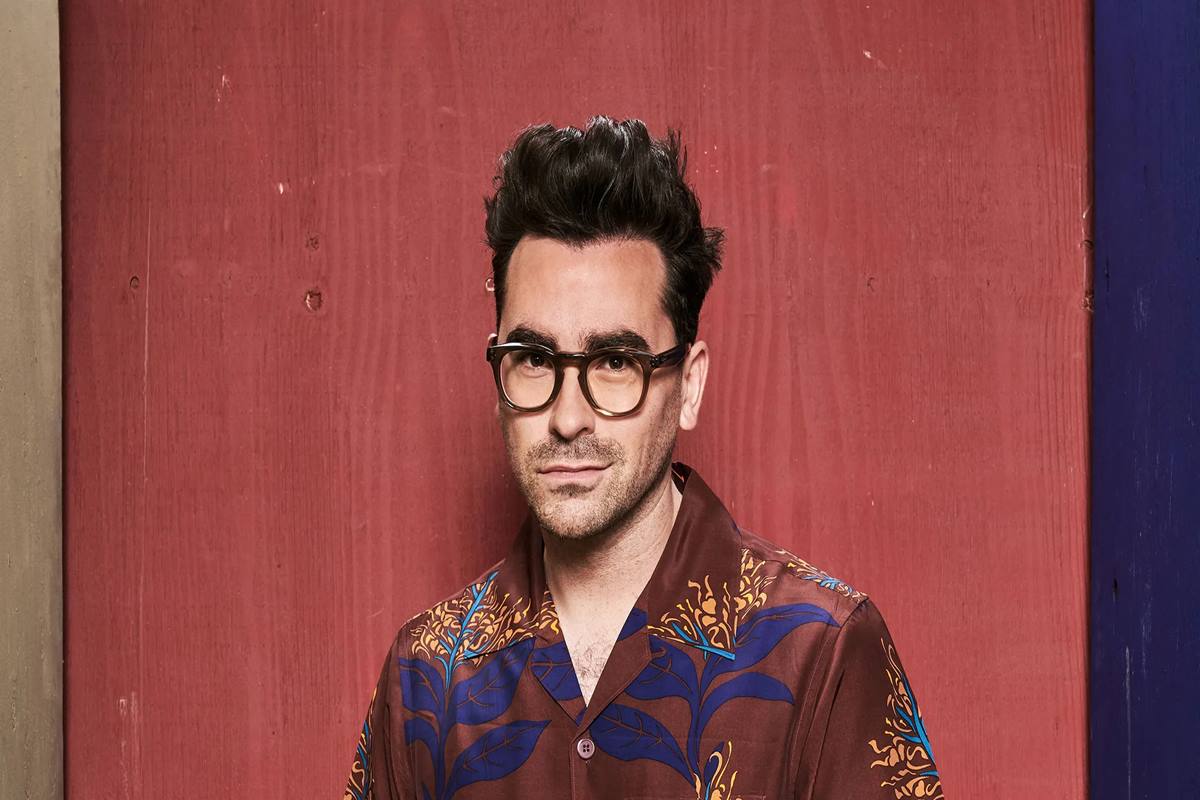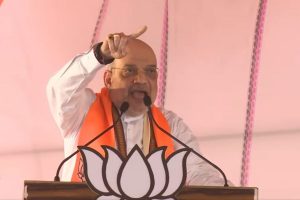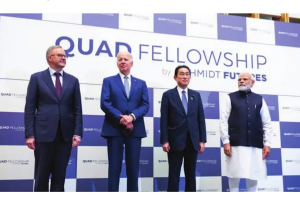In a candid revelation, Dan Levy, the co-creator and star of the critically acclaimed ‘Schitt’s Creek,’ has spoken out about the impact of homophobia on his professional journey within the entertainment industry. Despite the widespread success of the show, Levy has expressed concerns about the limited diversity of roles offered to him due to his openness about his sexuality. According to him, being vocal about being gay has resulted in him being bypassed for what he describes as “wonderful, rich, challenging roles,” creating a disparity in opportunities when compared to his heterosexual counterparts.
Levy’s reflections on the challenges he has faced resonate with the broader struggles encountered by many openly LGBTQ+ individuals in the entertainment world. Despite societal progress in accepting diverse identities, homophobia continues to cast a shadow over career opportunities for LGBTQ+ actors, often restricting the array of roles available to them.
Taking a stand on the representation of gay relationships in media, Levy, who enjoys the privilege of creating roles for himself, emphasizes the importance of truthful and nuanced storytelling. He advocates for a portrayal that avoids sensationalism, a sentiment that he intends to uphold in his upcoming Netflix movie, promising an authentic depiction of a gay relationship without succumbing to stereotypes.
Beyond his personal experiences, Levy’s comments highlight the pressing need for increased diversity within the entertainment industry. This extends beyond mere on-screen representation to the types of roles made available to LGBTQ+ actors. He underscores the significance of affording more gay actors the opportunity to write and create their own roles, providing a means to sidestep the limitations imposed by industry homophobia.
Levy’s reflections serve as a call to action, urging the industry to recognize and rectify the existing discrimination, fostering an environment where all individuals, regardless of their sexual orientation, can thrive professionally. As discussions around diversity and inclusion gain momentum, Levy’s insights contribute to the ongoing dialogue about the necessity for continued efforts to dismantle barriers and create a more equitable and representative entertainment landscape.











